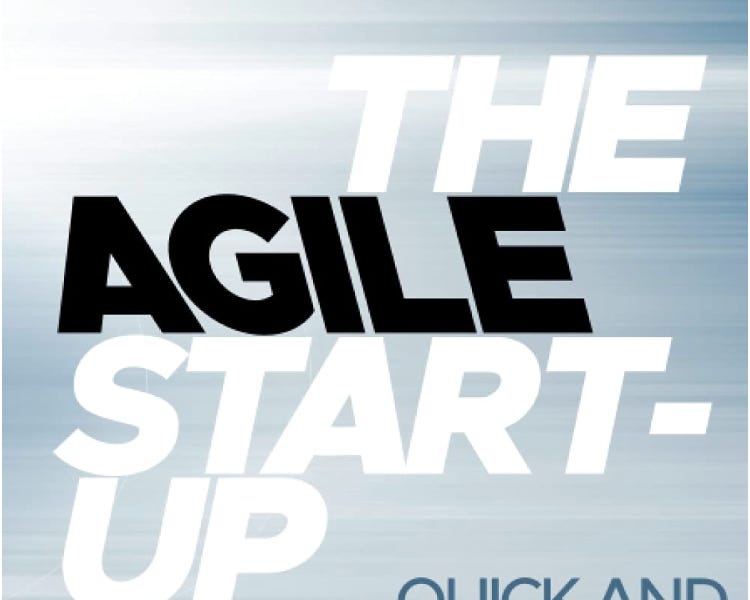The Best Startup Books You've Never Heard Of

🌈 Abstract
The article discusses a selection of startup books that the author considers to be "hidden gems" - books that provide great advice and anecdotes for those working in or interested in the startup world, but are not as well-known as some of the more popular startup books.
🙋 Q&A
[01] The Agile Startup by Jeff Sheinrock and Matt Richter-Sand
1. What are some of the key lessons the author took from The Agile Startup?
- Asking people's thoughts about an idea in "stealth" mode, where the individual being asked has no idea it's your idea, can provide more valuable and unbiased feedback
- The book provides a good breakdown of how to assemble an advisory board, how they can contribute to the company, and how to allocate a share package for them
- The book cautions that raising money, although exciting, is just the beginning of the journey and the real work is just starting at that point
2. How did the author apply the lessons from The Agile Startup to their own project? The author was working on a group project management app for university students. After applying the lesson about asking for feedback in "stealth" mode, the author found that the responses changed drastically - without the excitement of it being a friend's idea, people provided more valuable insights, such as that downloading a new tool may not be worth the effort even if it solves pain points.
[02] That Will Never Work by Marc Randolph
1. What are some of the key insights the author gained from reading That Will Never Work?
- The influence of the time the company (Netflix) was founded, during the dot-com boom, and the challenges and advantages that came with that
- The importance of breaking down ideas into first principles and testing them quickly and cheaply, as Netflix did by simply testing whether DVDs could be posted in the mail without damage
- How Netflix's subscription model idea came much later than their initial launch, and the challenges they faced in making it work profitably
2. How did the author apply the lessons from That Will Never Work to their own business? The author was buying and selling football cards on eBay, and the lesson about testing ideas affordably inspired them to experiment with things like emphasizing card quality in images and testing delivery pricing.
[03] Build by Tony Fadell
1. What are some of the key insights the author gained from reading Build?
- The value of working at a company, not for perks or salary, but for what you'll learn and who you'll learn from (with the caveat that this advice is for those who can afford to do so)
- How the first release of a hardware product is really for technology enthusiasts, the second release should incorporate learnings from the first, and the third release is where the company should look to make a profit
- How commission-based sales should be structured with vesting, to incentivize customer retention and satisfaction rather than just immediate sales
2. How did the author apply the lessons from Build to their work at Stix Mindfulness? The author was working at Stix Mindfulness, and the book came at a time just before their product's hard launch. The most important lesson the author felt resonated was the importance of working with a good team, launching a product everyone is passionate about, in order to learn and develop as much as possible.